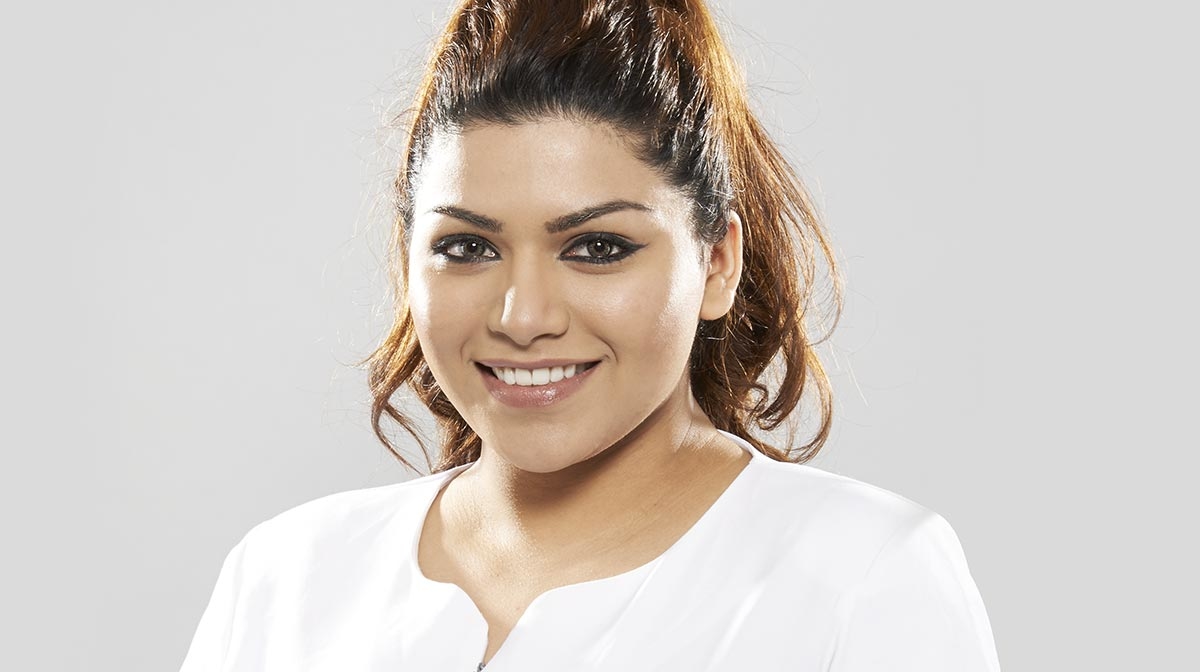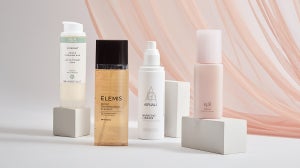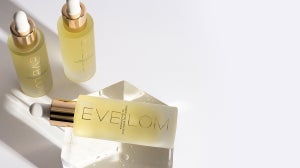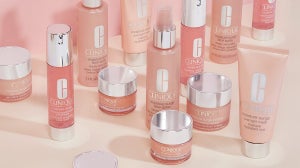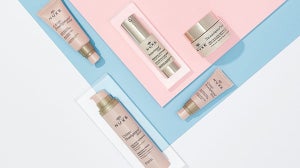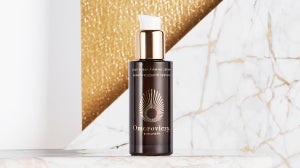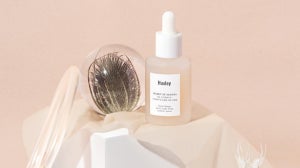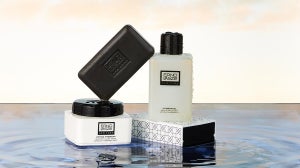Vanessa
Writer and expert9 years ago

As June is Acne Awareness Month, we wanted to seek expert advice from our resident pharmacist Hira Malik. As Hira explains, understanding the needs of your skin is essential when it comes to understanding your acne, as well as being able to manage it in the most effective way. Formally known as acne vulgaris, acne seems to be one of those misunderstood skin conditions that many will experience throughout their lifetime. It's certainly a topic that resident Pharmacist gets frequently asked about. With so much conflicting information, understanding the skin condition and how to treat breakouts, can be a real challenge. Here are some of the most frequently asked questions...
- Q What causes Acne?
- A Clogged pores are one of the main causes of Acne. Comedones (blackheads) and whiteheads are pores which are filled up with dirt, dead skin cells and excess oil.ÃÂ When this pore is open, the impurities get oxidised and display themselves as blackheads, whereas closed pores with trapped impurities show a white top blemish and are called whiteheads. When these pores get further irritated and infected, they turn into inflammatory acne. These result in papules, pustules and macules, and are regarded as severe acne.
- Q What is hormonal Acne?
- A Hormonal Acne is associated with androgen levels in your body and is linked to level of sebum produced.ÃÂ Although many teenagers suffer from this type of acne, certain people can be affected by this type of acne in their adulthood too. Excess oils not only clog your pores, it can also result in a build-up of bacteria and a breakout of blemishes too. Hormonal Acne tends to be seen around the lower part of the face and neck. It can also be affected by your menstrual cycle. ÃÂ It also tends to be inflamed and painful, and usually lasts 3-6 days.
- Q Can my diet cause Acne?
- A Until a few years ago, it was a common belief that acne can be triggered by your diet.ÃÂ Although there have been recent claims around certain foods contributing to acne, there is no direct link between diet with the development or worsening of acne.ÃÂ However, there are studies which to suggest that certain hormones and proteins can stimulate production of sebum, which one of the biggest contributing factors in acne development. In this case, I advise speaking to your doctor or local pharmacist who can help with finding alternatives.
- Q Is Acne caused by not washing my face?
- A Dirt and the build-up of oils will definitely clog up your pores and contribute to blemishes. Not thoroughly cleansing your face will also allow bacteria to grow, which is another big cause of acne. It is essential that you cleanse twice a day. Adapting a skincare routine will help to clear pores, remove dead skin cells, and reduce the production of excess oils. àWhen choosing skincare, itâÂÂs really important to look out for products that are specifically targeted for your skin type.
- Q Should I stop wearing make-up?
- A There isn't really a simple answer I can give here. Make-up contains so many different ingredients which can then clog up your pores These ingredients which are known as comedogenic include the likes of mineral oils, heavily pigmented products and certain alcohols. These are all prone to clogging your pores.àThatâÂÂs why itâÂÂs important to cleanse correctly, as this will not only help clean out of your pores, but it will also help to remove all traces of make-up. ItâÂÂs not always the make-up that causes the acne, rather the way in how you apply and remove it.
- Q When should I seek medical attention?
- A If you are concerned about blemishes and have tried a few products with not much luck, then it may be worth getting a professional opinion.ÃÂ Those who have inflammatory acne and suffer with it on their back, chest and neck should mention it to their doctor or dermatologist, as there are treatments available which can help to keep the conditionÃÂ at bay.
Vanessa
Writer and expert

